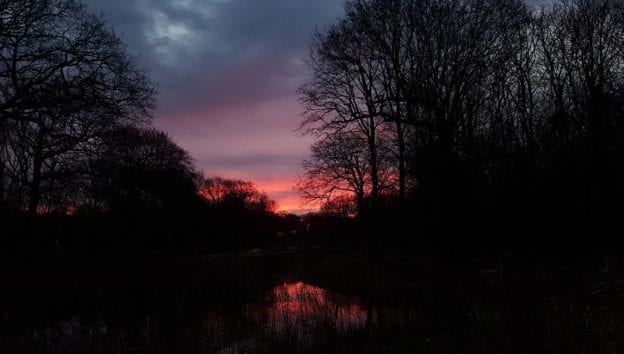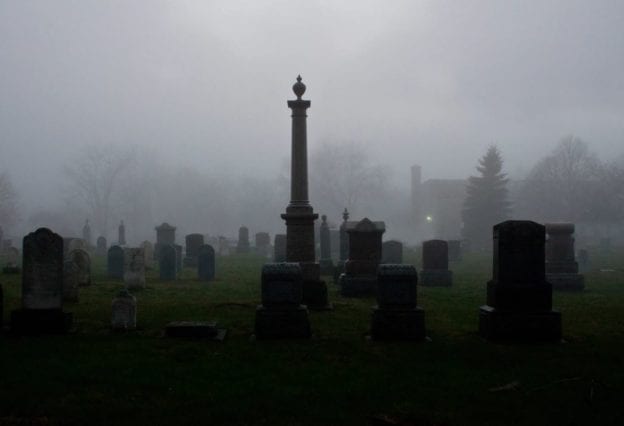You have made the decision that you want cremation services in Shelby Charter Township, MI as part of your funeral preplanning (good for you!). But you may not really know a lot about what is involved in cremation or what happens during the cremation process.
You are not alone. There are some questions that almost every person who choses cremation as their final disposition, or as the final disposition of their loved one, has when they are educating themselves about cremations.
One of the most frequently asked questions about cremations is whether the deceased is dressed or not when they are cremated. The answer is yes.
Just as the funeral home works diligently to show honor to and preserve the dignity of every loved one their family has entrusted to them, the deceased person is fully clothed (just as they are in a casket and burial funeral) when they are cremated.
The only restriction on the clothing the deceased will be cremated in is that it contains no metal because metal can cause significant damage to the crematorium. So, don’t include jeans, for example, with metal buttons or belts when you are providing clothing for someone who is being cremated.
Another frequently ask question about cremations is about how the funeral home and crematory keep track of the deceased during the cremation process so that the right cremation remains are returned to the deceased’s family.
A couple of procedures are in place to correctly identify the body before cremation and after cremation. One of these is that the family must verify the identity of the deceased either visually or with a photo prior to cremation.
A second procedure is that the crematory places a non-combustible tag on the deceased before they are placed in the crematorium. That tag stays with the deceased all the way through the cremation process, ensuring that the right cremation remains are returned to their family.
People often wonder how much time it takes to do a cremation. Cremation is a fairly quick process that usually takes two to three hours. However, by law, cremation cannot be done until at least 24-48 hours after death. This gives the funeral home time to get all cremation paperwork (permits, etc.) in order before the cremation.
Another frequently asked question about cremations is whether a casket is required. The answer is no. If you don’t want a casket, the deceased will placed in a very sturdy fully-combustible container (usually made out of cardboard) prior to cremation.
Some people want to bury the cremation remains of their loved one and wonder if this is an option. It is. When you meet with the funeral director to make funeral arrangements, you will need to let them know that you want the cremation remains to be buried (let them know which cemetery so they can make arrangements with the cemetery for burial).
The funeral home has urns that are specifically designed for burial, and they have a wide selection to choose from. Almost all cemeteries require vaults for burials, whether the burial is in a casket or an urn, so you will also need to purchase an urn vault.
Another frequently asked question about cremations is whether a funeral service can be held instead of a memorial service. Many people like the traditional format of funeral services and its familiarity can give great solace and comfort to a grieving family.
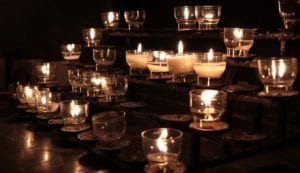
You can hold a traditional funeral service for someone who is being cremated. It can be held before the cremation or after the cremation.
For more information about cremation services in Shelby Charter Township, MI, our caring and knowledgeable staff at Lee-Ellena Funeral is here to assist you.


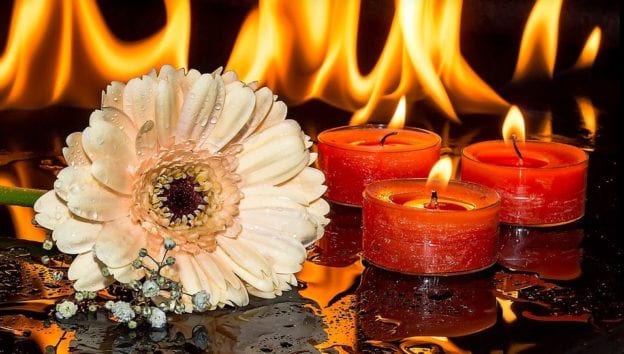
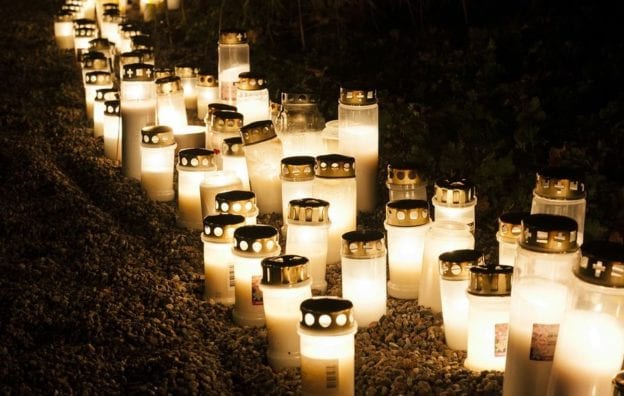
 Once you have these two insurance policies, you need to formalize your funeral plans to avoid another common funeral planning mistake. While you can do this without the funeral home, it’s better to let the funeral home know exactly what you want. Include the type of funeral you want (if you want to be buried, let them know the cemetery information), the kind of service you want, and any other specific wishes that you have about your funeral.
Once you have these two insurance policies, you need to formalize your funeral plans to avoid another common funeral planning mistake. While you can do this without the funeral home, it’s better to let the funeral home know exactly what you want. Include the type of funeral you want (if you want to be buried, let them know the cemetery information), the kind of service you want, and any other specific wishes that you have about your funeral.